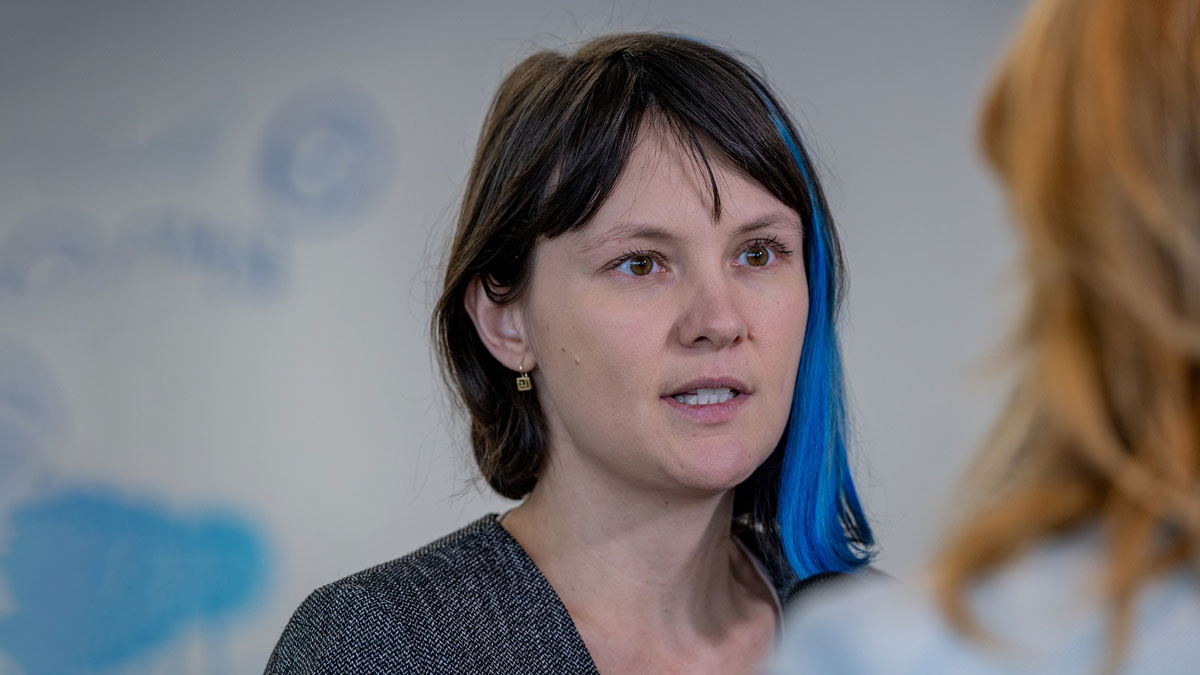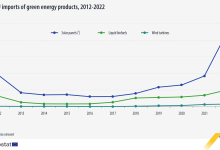Billions of Euros in European Funds to Alleviate Energy Poverty in Romania
By Corina Murafa, ORSE Expert
Romania has unprecedented European funds amounting to billions of euros at its disposal in the coming years for the transition to a low-emission energy sector. If this transition is not easily comprehensible and accessible to ordinary citizens and small businesses, the backbone of the economy, the entire decarbonization effort will boomerang in front of the pro-European elites. Anyone who plays with this money without placing the millions of Romanians facing energy poverty at the centre of their concerns is playing with fire.
In 2023, nearly half of Romania’s population continues to rely on wood for heating. In rural homes, this figure jumps to 80%, typically utilizing outdated and energy-inefficient stoves with a mere 15% efficiency rate, leading to an astonishing 85% loss of calorific energy from the wood. Meanwhile, the thermal energy rehabilitation rate remains remarkably low, although eight out of every ten buildings require energy-efficient renovations due to their age and inefficiency. Adding to this, a troubling reality persists: tens of thousands of households across Romania lack access to electricity, a fundamental necessity we cannot imagine life without today.
Romania should channel the billions of euros earmarked for the green transition towards addressing the root causes of energy poverty. These funds ought to be directed towards illuminating homes that lack electricity, revitalizing heating systems, and renovating energy-inefficient buildings, with a particular focus on rural regions, where energy poverty rates are most pronounced.
Energy constitutes a fundamental necessity. The most economically disadvantaged individuals are inclined to skimp on food before enduring darkness or cold. Statistical data attests to this fact. With the escalating frequency of heatwaves, energy is now imperative for cooling residences as well. The Romanian Observatory of Energy Poverty (ORSE) has spotlighted the rising phenomenon of summer energy poverty, impacting predominantly the elderly, children, and those with modest incomes dwelling in inadequately insulated homes.
It is imperative that state institutions approach the intricate factors contributing to vulnerability and energy poverty with a sense of responsibility. In times of crisis, resorting to universal subsidies is an excessively costly remedy. The cap-compensation system for energy prices has incurred a cost of 18.7 billion RON up until August. This is especially significant considering the macro-level context, where we face a budget deficit of 38.6 billion RON within the first seven months of the year.
To address the budget deficit, there are impending tax increases that will affect citizens, including those who benefit from compensation caps. This situation creates a problematic cycle. Consequently, it is imperative to reconsider our approach to covering substantial bills permanently, without considering home conditions and the genuine needs of consumers, without exploring ways in which individual households can reduce energy costs, such as by adopting clean energy solutions like photovoltaic panels and heat pumps.
It is crucial to reevaluate the energy price capping and compensation scheme. This revision would allow us to establish a more comprehensive and nuanced definition of vulnerable consumers, rather than relying solely on arbitrary income thresholds as we do presently. Our current lack of a precise definition has resulted in a situation where all consumers, regardless of income, receive protection. Energy vulnerability is influenced not only by income but also by factors such as housing conditions, energy expenses, age, and health.
Furthermore, it’s essential to adopt a dynamic approach when assessing energy poverty, recognizing that it can be a temporary condition. Consider the example of an elderly resident of Bucharest during a summer when RADET failed to supply hot water, and the outside temperature soared to 40 degrees Celsius. In such circumstances, this individual had to resort to heating water using an electric boiler and utilizing an air conditioner to maintain a comfortable indoor temperature for health reasons. While this individual may not meet the current legal definition of energy vulnerability, such circumstances could lead to a temporary vulnerability. According to European standards, it would be appropriate to provide support in such cases.
Therefore, it is imperative to have a national strategy to tackle energy poverty, which is mandatory since 2012 through the Energy Law. We are in 2023, 11 years later, and we still do not have a strategy. The national plan must consist of measures that can address the causes of energy poverty. Some solutions could be loans with low interest for supporting Romanian citizens to thermally rehabilitate their homes, replace their current old stoves with energy efficient systems, install solar and photovoltaic panels, and heat pumps. Only 3% of rural homes have been renovated so far, so it is necessary to have a thermal energy rehabilitation program that addresses individual homes, especially in the rural areas. These are systemic, structural measures which can make a difference and support the vulnerable consumers not only in the short term, but also in the medium to long run.
Last but not least, we have to educate consumers on how to monitor their energy usage, manage their consumption more efficiently and become more aware of the available financing solutions. The ORSE experts have already started to collaborate with national municipalities to create one-stop shops, where consumers, especially the vulnerable ones, can provide data about bills, income, housing status and can receive advice from civil servants on how to access certain financing programs. So, there are a lot of solutions.
The crisis is not over yet, with new winters lying ahead. Amidst it all, lies the lives of those who surround us – be it our grandparents, parents, neighbours, or friends.
The Romanian Energy Poverty Observatory (ORSE) is a project initiated by the Center for the Study of Democracy, a think-tank established in 2006 within the Department of Political Sciences, Faculty of Political, Administrative and Communication Sciences, ‘Babes-Bolyai’ University Cluj, within which it functions as an accredited research centre.
The aim of this initiative is to provide a 360-degree perspective on energy poverty at the national level and to ensure the necessary expertise to combat this complex phenomenon, which affects a large part of the population. Through ORSE, we bring top experts from various fields relevant to the topic of energy poverty in Romania to the same table, to identify the best solutions.







